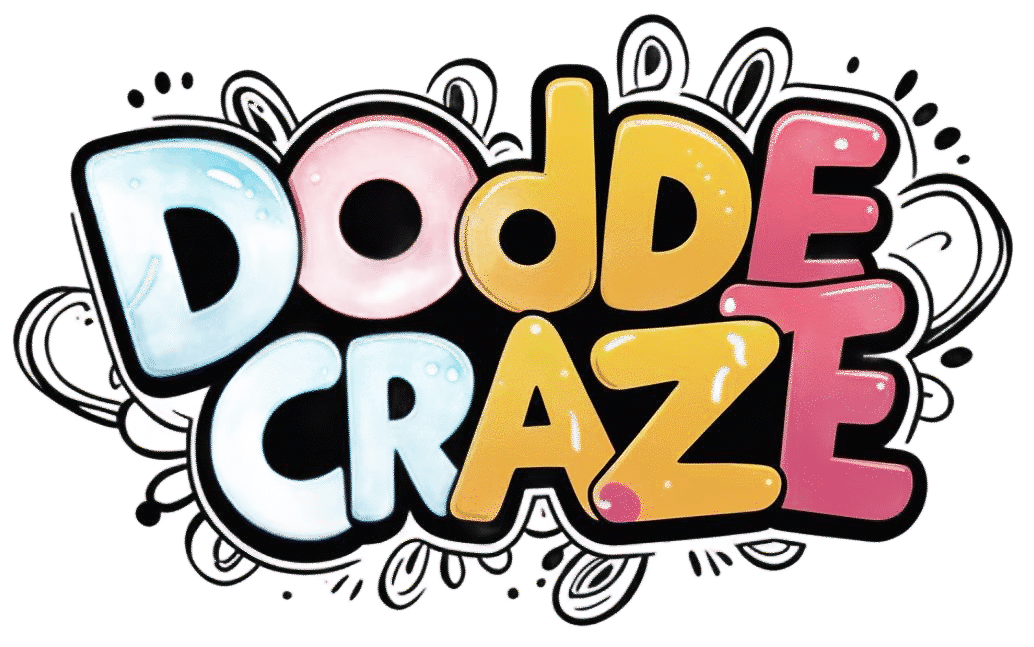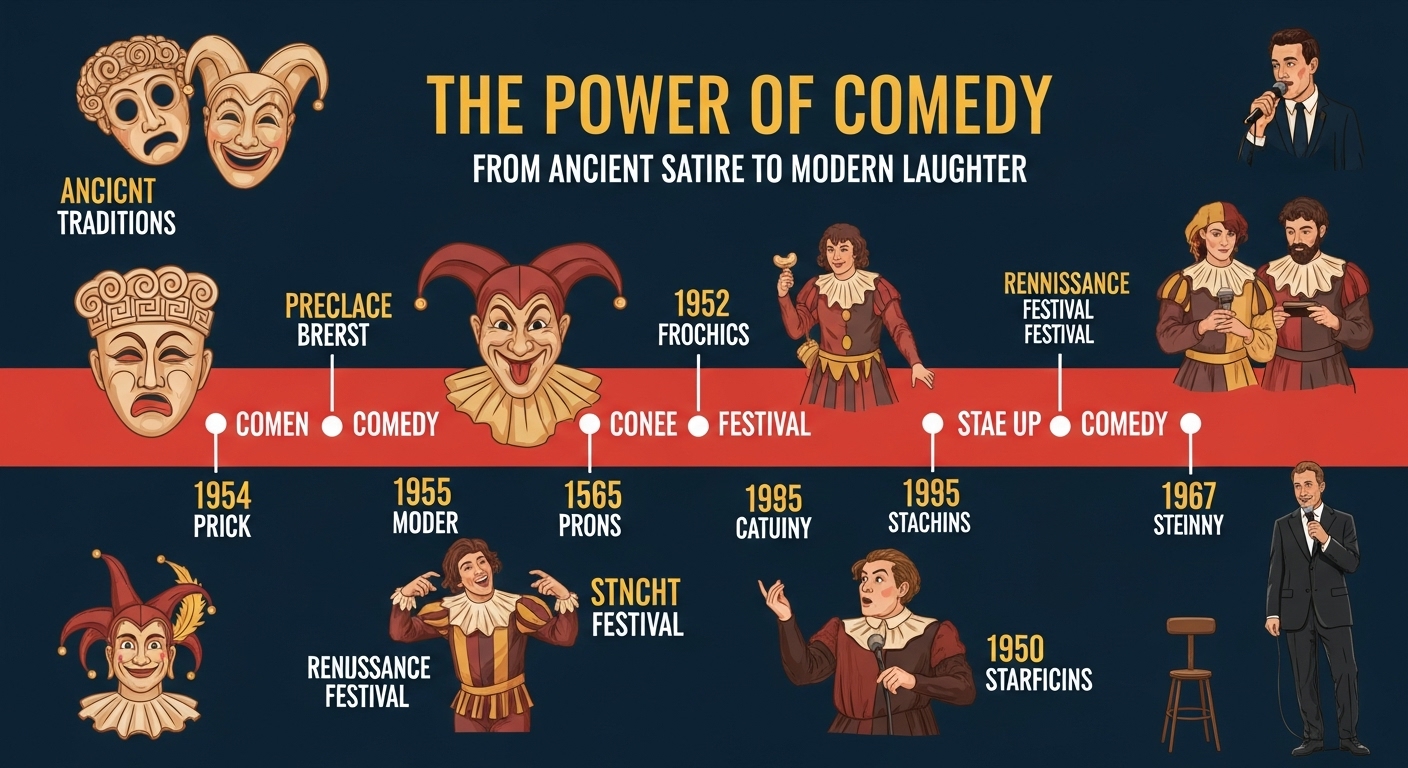Comedy: The Universal Language of Laughter
Introduction
Laughter is said to be the best medicine, and comedy is its most potent form. From slapstick humor to witty one-liners, comedy has the power to uplift our spirits, connect us with others, and provide a much-needed escape from the stresses of everyday life. In this blog post, we delve into the world of comedy, exploring its rich history, significance in society, diverse applications, and future trends.
The History of Comedy
Comedy has a long and storied history, dating back to ancient civilizations such as Greece and Rome. In these early societies, comedy was often used as a tool for social commentary, satire, and political critique. Playwrights like Aristophanes in Greece and Plautus in Rome created comedic works that poked fun at the powerful and privileged, offering a voice to the common people.
As comedy evolved over the centuries, it took on various forms, from the physical humor of commedia dell’arte in Renaissance Italy to the clever wordplay of Shakespearean comedies in Elizabethan England. In the 20th century, comedy entered the realm of mass media, with radio, television, and film providing new platforms for comedians to reach a global audience.
The Significance of Comedy
Comedy serves as a mirror to society, reflecting our values, fears, and absurdities back to us in a way that is both entertaining and enlightening. Through humor, we are able to address taboo subjects, challenge established norms, and find common ground with people from different backgrounds and beliefs.
Moreover, comedy has a unique ability to foster empathy and understanding. By laughing together, we break down barriers and forge connections that transcend language, culture, and ideology. In a world often divided by conflict and strife, comedy offers a ray of light, reminding us of our shared humanity.
Applications of Comedy
Comedy is not just a form of entertainment; it is also a powerful tool for communication, education, and social change. In the realm of advertising, humor is often used to grab the audience’s attention, convey a message, and create brand awareness. Comedic elements can make a product more memorable and endear it to consumers in a way that traditional marketing strategies cannot.
In the field of education, comedy can be a valuable teaching aid, helping students engage with complex subjects and retain information more effectively. By incorporating humor into lessons, educators can make learning fun and interactive, fostering a love of learning that lasts a lifetime.
Comedy is also a potent weapon in the fight for social justice. Satirical comedians like Jon Stewart and Trevor Noah use humor to expose hypocrisy, challenge authority, and advocate for marginalized communities. Through their comedic lens, they shine a spotlight on issues that might otherwise go unnoticed, prompting audiences to think critically and take action.
Future Trends in Comedy
As we look to the future, the landscape of comedy is constantly evolving, shaped by new technologies, changing social norms, and emerging talents. With the rise of social media platforms like TikTok and YouTube, comedians now have unprecedented access to global audiences, allowing them to connect with fans in ways that were previously unimaginable.
Furthermore, the boundaries of comedy continue to expand, with artists experimenting with new forms, styles, and subjects. Alternative comedy, surreal humor, and meta-comedy are just a few of the innovative approaches that have emerged in recent years, challenging traditional notions of what comedy can be.
In an increasingly digital world, the power of comedy to unite, inspire, and provoke thought remains as potent as ever. As long as there are storytellers willing to push boundaries, challenge conventions, and tickle our funny bones, the future of comedy looks bright.
Conclusion
In conclusion, comedy is more than just a source of entertainment; it is a fundamental aspect of the human experience. Through laughter, we find joy, connection, and catharsis, transcending our differences and bringing us closer together. Whether it’s a stand-up routine, a sitcom, or a meme shared online, comedy has the power to make us laugh, think, and feel alive. So, the next time you need a pick-me-up, turn to comedy and let the laughter wash over you. After all, as Charlie Chaplin once said, “A day without laughter is a day wasted.”

